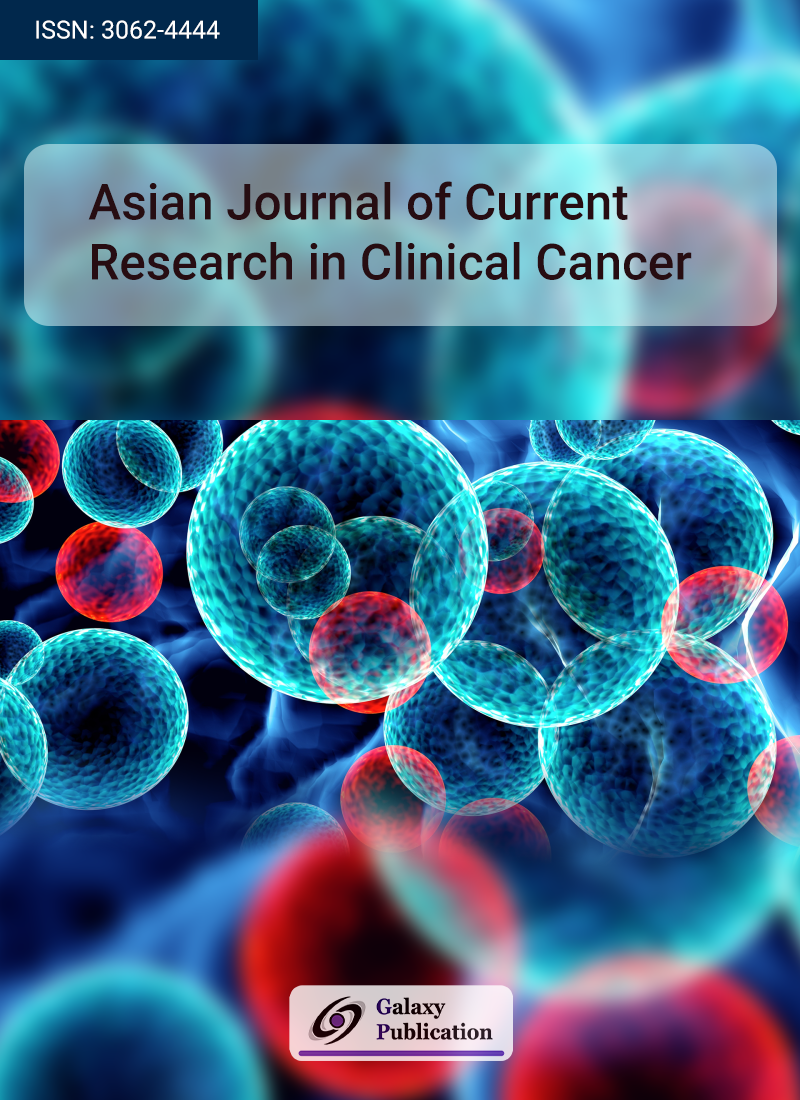
This study investigated the biological effects of coriander root extract on gastric cancer cells, specifically focusing on how it affected the proliferation and motility of the BGC-823 cell line. The findings showed that exposure to the extract led to a sharp drop in colony survival and significantly hindered cellular proliferation. In addition, the extract reduced the invasive behavior of the cancer cells, impaired their ability to close scratch wounds, and interfered with their ability to migrate. These results indicated a disruption in the EMT mechanism. Further investigation revealed that coriander root extract suppressed the expression of signaling molecules such as P-GSK-3β, TGF-β, and P-SMAD2/3, while it simultaneously upregulated SMAD2/3 and GSK-3β. These shifts in gene activity suggest that the effects of coriander root are mediated through pathways involving β-catenin and the TGF-β/SMAD cascade, ultimately affecting proliferation and motility in gastric cancer cells. Furthermore, α-linalool, one of the primary active components in coriander root, played a central role in curbing both the expansion and infiltration of BGC-823 cells. Overall, the evidence supports the idea that α-linalool from coriander root targets gastric cancer progression by modulating β-Catenin and TGF-β/SMAD signaling pathways, thereby restraining both proliferation and migration.